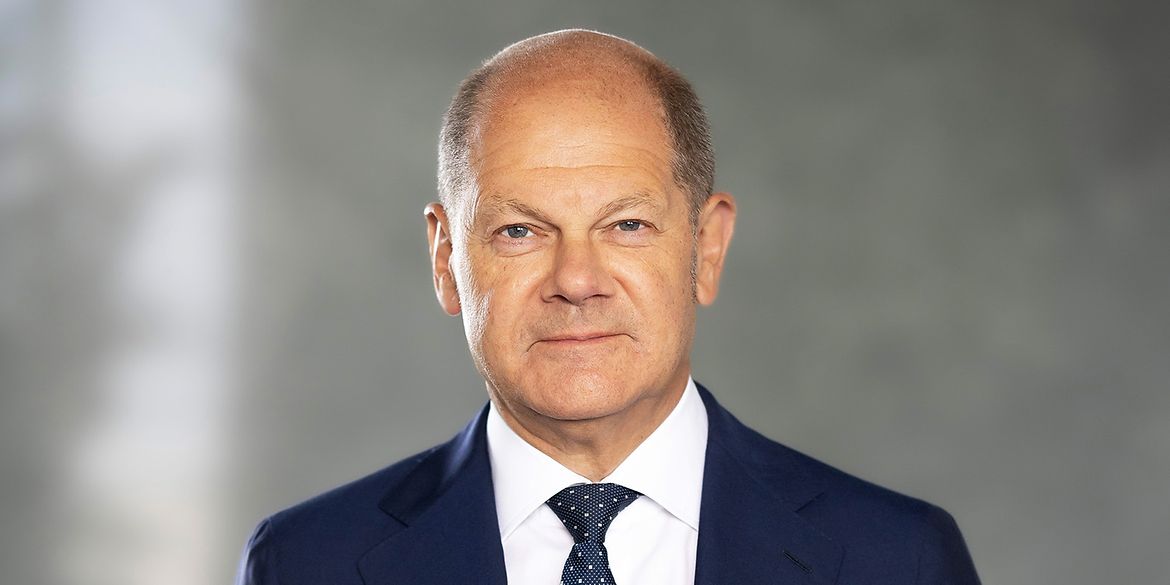In the ever-changing landscape of German politics, recent polls have revealed a striking phenomenon Increase in support for the far-right Alternative for Germany (AfD), shaking up the nation’s political dynamics and extending her lead over Chancellor Olaf Schulz’s ruling coalition. As voters express growing frustration with the current government, the AfD’s popularity has soared to a record 22%, positioning itself as a formidable contender trailing just behind the conservative bloc led by the Christian Democrats on 26%. These new figures, as reported in a poll conducted for the newspaper Bild am Sonntag by INSA, are sending ripples through the political landscape, leaving analysts and citizens alike wondering about the country’s future.
The steady increase in support for the AfD is undoubtedly a wake-up call for the ruling coalition, as their grip on power appears to be weakening amid widespread discontent among the electorate. Chancellor Olaf Schulz’s Social Democrats are witnessing a drop in their approval rating, which now stands at 18%. Furthermore, the junior coalition partners, the Greens and the Liberal Free Democrats, find themselves significantly behind at 14% and 7% respectively.
The surge in support for the AfD comes as no surprise to political observers, who have noted growing discontent among voters on several key issues, including immigration policy, economic concerns and national identity. The party’s anti-immigration stance and strong emphasis on traditional values hurt the segments of the population who felt disillusioned and ignored by the current government’s policies.
Good morning from Germany where support for the far-right AfD has reached a record high, extending its lead over all 3 parties in Chancellor Olaf Schulz’s ruling coalition. In the latest sign of voter frustration with the government, the AfD has grown to 22%, trailing only conservative Christian… pic.twitter.com/6zV8PfJDF3
– Holger Zashapitz (@Schuldensuehner) July 22, 2023
While some political analysts argue that the rise of the AfD is a reflection of the broader trend of right-wing populism sweeping Europe, others see it as a uniquely German phenomenon, shaped by the country’s history and recent socio-economic challenges. Regardless of its origins, the AfD’s surge has posed a clear challenge to the established political order, and its momentum shows no signs of slowing.
As we head into the future, the course of German politics remains unclear. The upcoming elections will no doubt be closely watched by the international community, as the outcome could have far-reaching implications for Germany’s role in Europe and beyond. Will the rise of the AfD continue, and potentially change the balance of power in the Bundestag? Or will the established parties find a way to regain the trust of disillusioned voters and maintain their control?
Only time will tell how this political landscape develops, but one thing is certain: e An increase in support for the far-right AfD Reflects a deeper undercurrent of discontent among German voters that demands attention and action from the nation’s political leaders.
